Earth Music
It’s a Tuesday night in 2009 and I’m home from school.
I’m listening to "Cape Cod Kwassa Kwassa."
“Cape Cod Kwassa Kwassa” is a song by Vampire Weekend, an indie band formed at Columbia University in 2006. At the time that lead singer Ezra Koening wrote the song, inspired by trips to London and India, he was thinking about, as he put it, "post-hippie domesticity and the tenuous connection between preppiness and colonialism."
When I first found Vampire Weekend’s debut album, I was on a rich white campus, steeped in the culture that their lyrics described. They called themselves Upper West Side Soweto, and they were blatant with their taking. It was surreal to hear sounds I had heard at Sierra Leonean parties in the instrumentals, and to feel their preppy, colonial references reverberating on the collegiate buildings and mansard roofs that surrounded me.
In their song, “Mansard Roof,” Ezra sings:
I see a mansard roof through the trees,
I see a salty message written in the eaves.
The Genius.com annotators for these songs are thorough and spirited. “More typical of Gilded Age neo-Gothic design,” writes one commenter. “Cape Cod is not a city, but it is a hideaway of the elite!” He leaves a graphic:
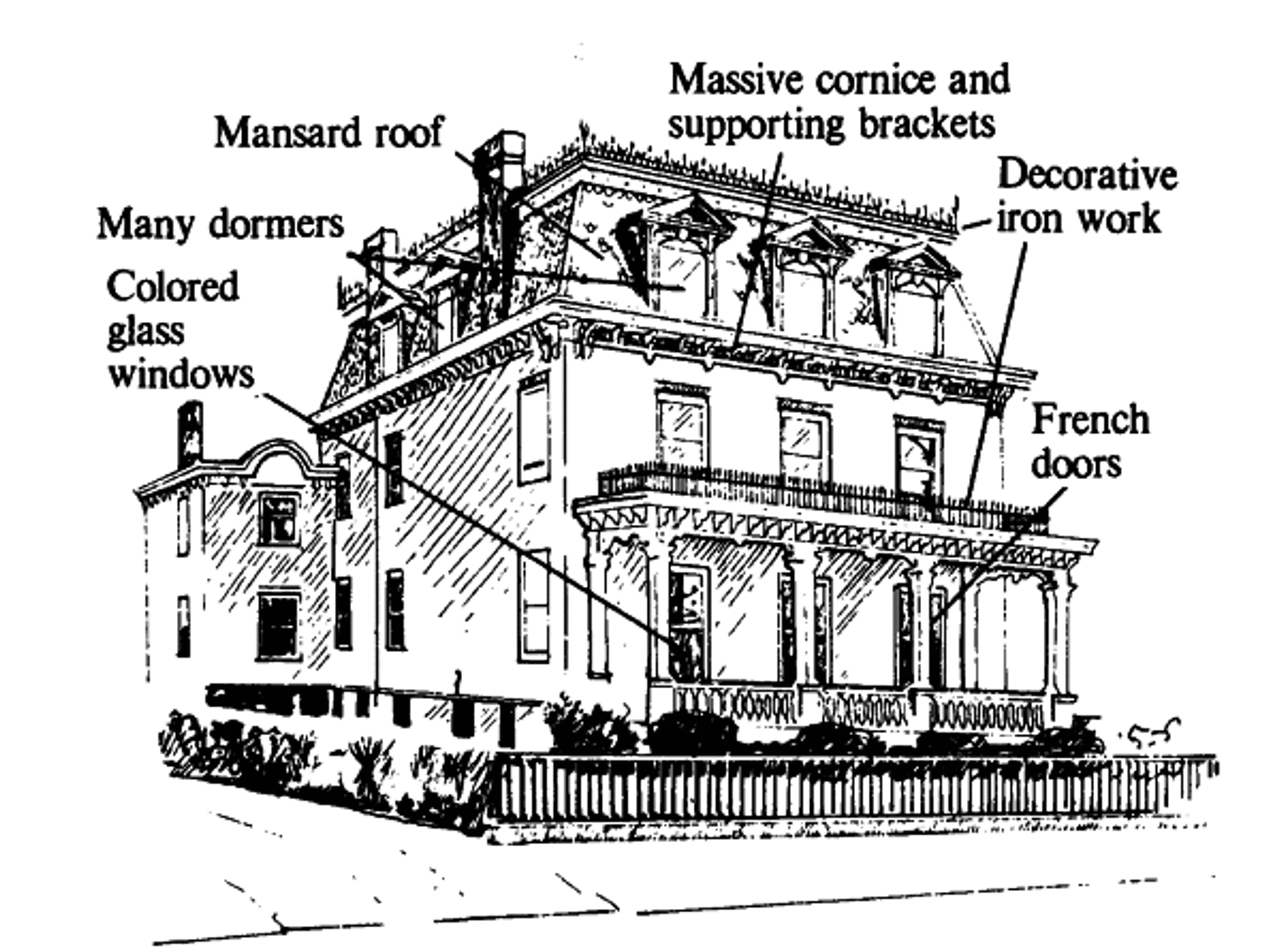
When I look at the diagram, it is clear to me who could have lived in those buildings and what could have happened on the trees that surround them.
My family tells me that, in Sierra Leone’s Bonthe District, the Sherbro people’s school and government buildings have Mansard roofs that shade the verandas. And that those buildings housed dealings with slave traders.
I read recently that the Beninese diva Angelique Kidjo collaborated with Ezra Koening. It was on a PBS show called Spirit Rising. They sang Vampire Weekend’s “I Think Ur a Contra”:
My revolution thoughts
Your little arrows of desire
I want to trace them to the source
And the wire
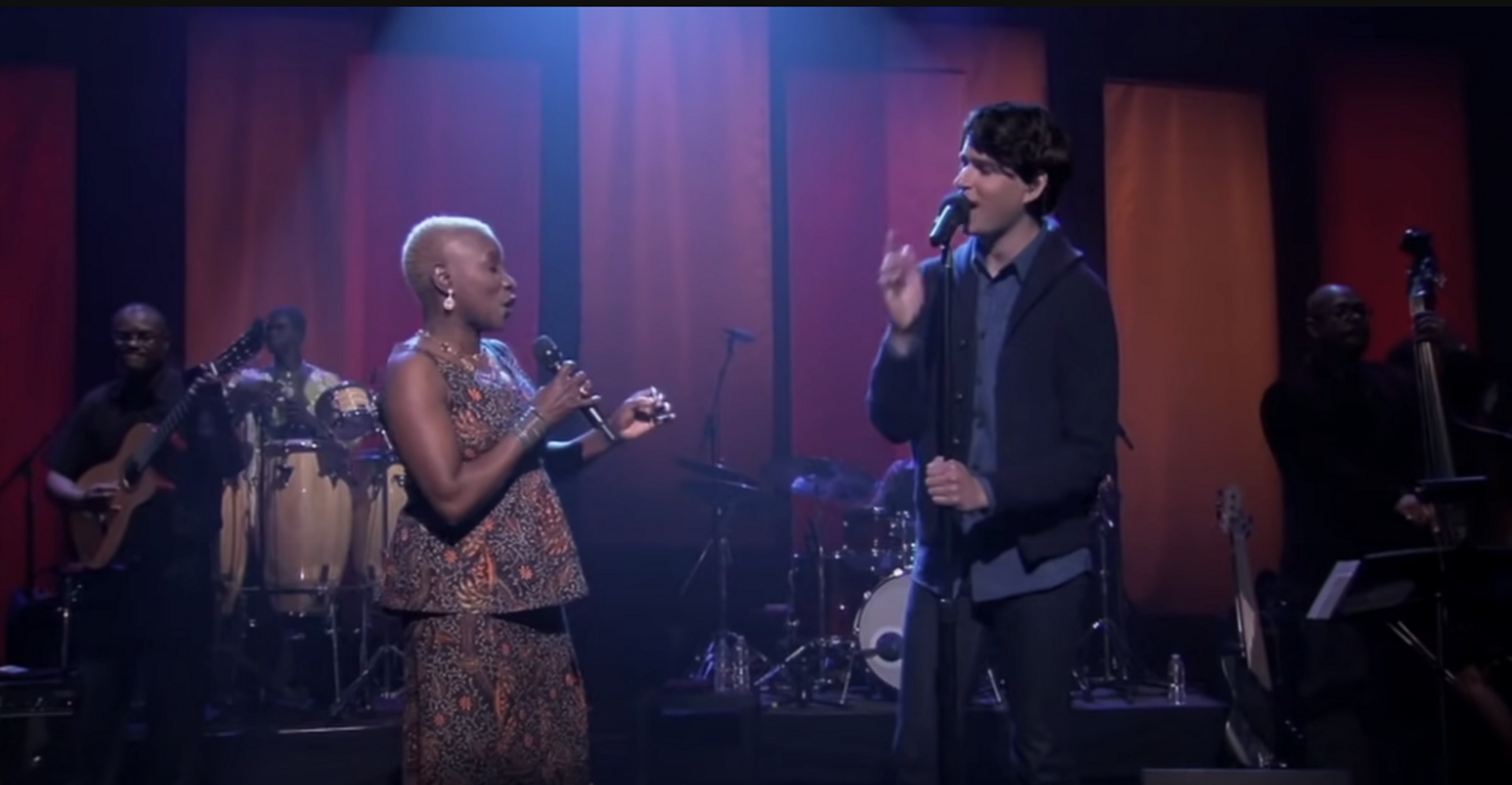
I want to trace these songs to the source. I want to know what they tell us about desire.
*
When I was living at home, Sundays were for Soukous and Pepe Stew. I would wake up, keep my eyes closed, and hear the sounds of Kanda Bongo Man floating through the vents upstairs. I can still hear the guitar winking, tickling, joking. I can see the strings being fingerpicked, and I imagine those holographic spiral decorations that hang from ceilings at weddings.
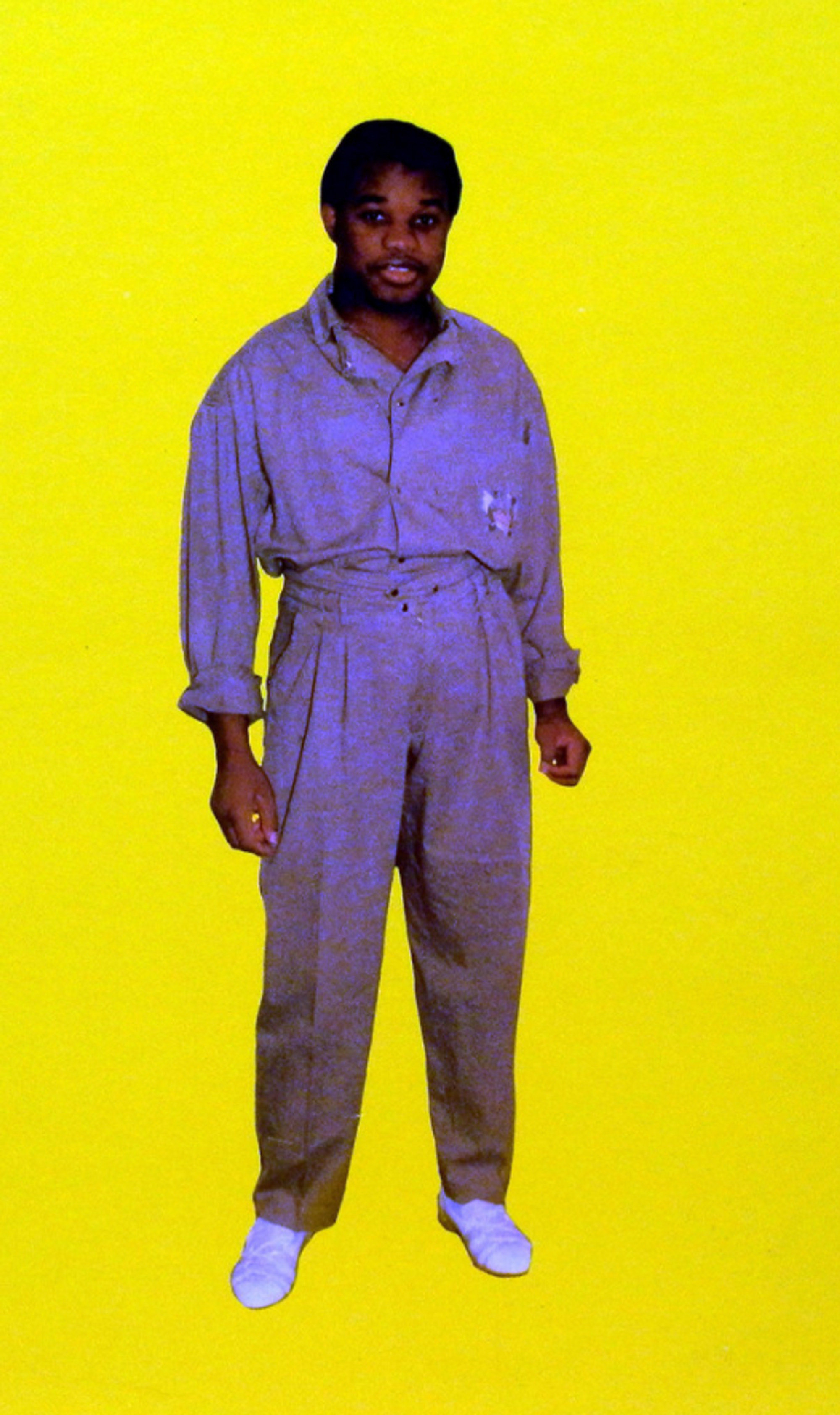
When I fall back asleep, I’m at a wedding with my family and we’re dancing. In my dream, they play “La Bamba.” My cousins tell me Los Lobos won three Grammys. I’m doubtful that Soukous Stars ever won the Grammys.
Everyone at the party thinks they know how to dance salsa, and they do because no one knows what it would look like if they were wrong. Sierra Leoneans are very confident people; even when we are figuring something out, we act as if we already know.
Twirls, lappas, and headties catching the wind, making the party decor spin.
Para bailar la bamba
Para bailar la bamba se necesita una poca de gracia
When my family moved away from Houston, we didn’t go to as many weddings. During those years, I spent most of my time on the internet, talking to cousins from afar. I stayed up late downloading music on LimeWire and researching musicians on Wikipedia.
Congolese Soukous still played on Sundays. It was the car music, the cleaning music, the laugh and go get another plate music.
As I got older, I had my headphones on all the time. As a tween, I was listening to Corinne Bailey Rae, Norah Jones, and Louis Armstrong. I loved adult contemporary music. I loved what played in Starbucks because it felt nostalgic, relaxed, and neutral—just enough highs and lows, but not enough to tip you or your day over. My family believed in God. This meant everything was okay. A few years ago, I would have said it was delusion, spiritual bypassing, or something like that, but now I see that believing in God helps one survive.
Listening to gospel clears the way for a cleaning on Sunday. What are we going to do? Sit down all slumped over like Blue Monday? Only from 5:52 am to 5:58 am, and then it’s up and onwards.
*
I still can’t believe that Angelique Kidjo and Ezra Koening work together. (They collaborated even through the pandemic.) I still can’t believe that Vampire Weekend has a song called “Cape Cod Kwassa Kwassa.”
Kwassa Kwassa is the name of a dance that was popularized by Soukous music videos in the 1970s.
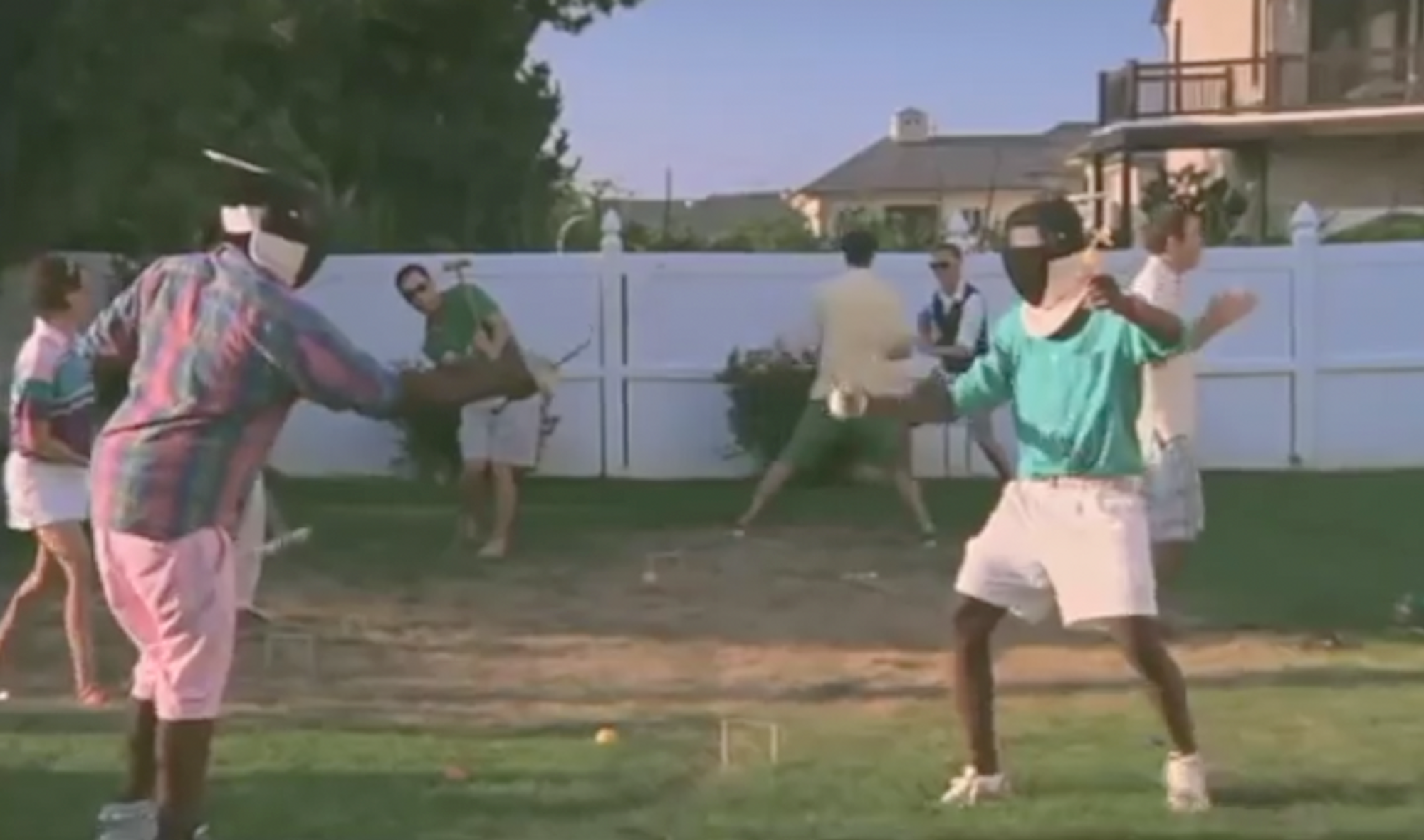
I can imagine Ezra and his bandmates laughing as they leave ethnomusicology class. They meet up to drink beers, listen to Miriam Makeba as a half-joke, and come up with this fusion album that, truthfully, I found comforting when I was on that campus. I played the songs on repeat; I felt uplifted. I had very little political consciousness at the time that I listened to that album. I only had feelings. The music made me feel like there was a world that was light and free where these tensions coexisted within me in a harmony that felt unburdened. I’ve been thinking about an idea that I call The White Wander.
The White Wander is:
Unburdened
Meadow
Walden
Thoreau
And then, there is Earth Music. Earth Music scores The White Wander.
Earth Music is:
Fleet Foxes
Maggie Rogers
Vampire Weekend
Iron & Wine
Iron & Wine is the project of a bearded man with a guitar and a voice with an antique wilt. He is White Wander, burly and searching. I know many that look like him. He has a tricked out van, in a meadow with a flip phone. He has ideas about how to live a good life. He taught me how to play guitar on YouTube.
As a joke, I repeat to myself “Iron & Palm Wine.”
Palm Wine is a West African drink enjoyed communally in effortlessly relaxed and joyful settings. The drink comes from the palm tree. It lets people get drunk and forget.
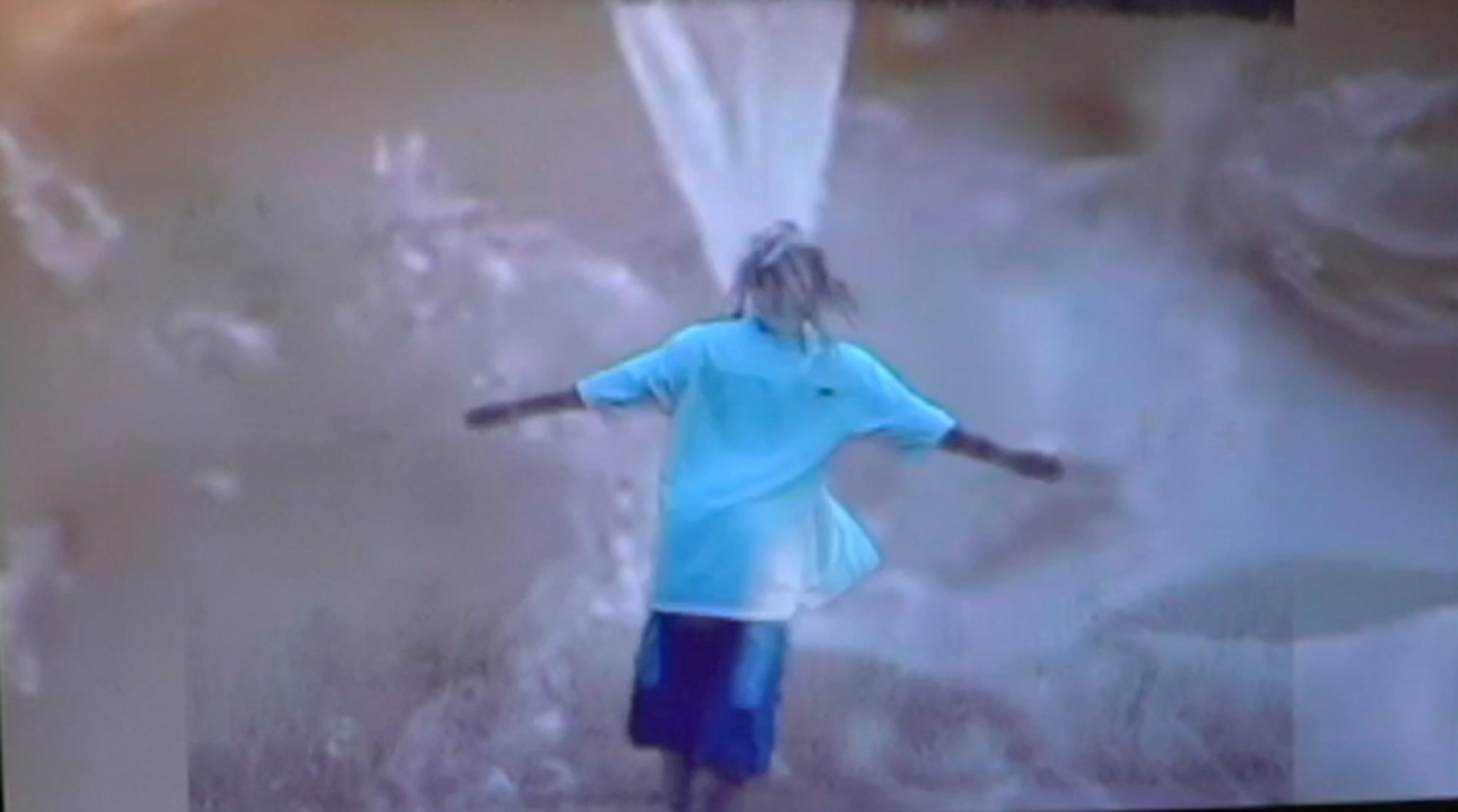
I research and find that “palm wine” is also a musical genre. It’s a wandering type of guitar music with the ease and looseness that I’ve always envied. It was originated by Portuguese settlers who intermarried and collaborated with the Sherbro people.
I remind myself that the guitar originated in West Africa. I look into who palm wine musicians are and I find several.
The musician I am most drawn to is S.E. Rogie. He sings about being a cowboy like me!
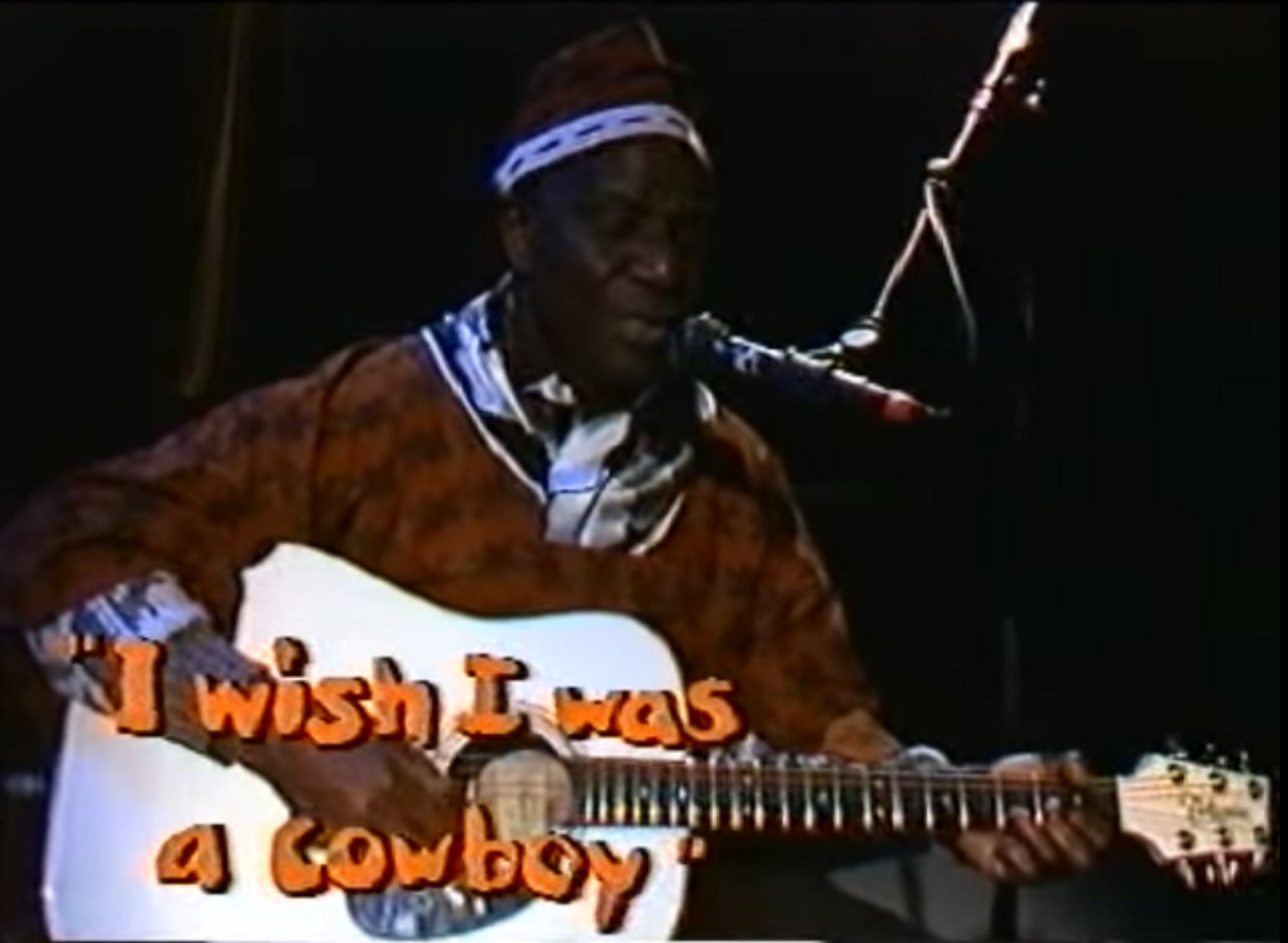
I like his humor, his strum style, and his swag. I ask my mom whether she knows who he is. She tells me he is my grand uncle.
I thank myself for following my inside joke. Iron & Palm Wine.
Always follow the joke, the lead, the surprise, the oopsie—it’s the answer that you didn’t expect, but clicks into place and leaves you feeling more complete.
*
I have been speaking with my family about what tribes my body is made of. I’ve got a fighting spirit from the Vai people in Pujehun District and I’ve got a fawn-response spirit from my Sherbro side.
Uncle Rogie was Sherbro.
I knew that Vampire Weekend took sounds from Congolese Soukous, but I didn't know, until writing this essay, that the Sherbro people can trace their ancestry to the Congo Region. From Campus to clarity.
Recently, I played "Mansard Roof" for my Aunty and she started dancing. I had to laugh. Many West Africans her age don’t think to care about our music being co-opted. The colonial project on the continent has a very different resonance than what has happened here. The trauma of slavery is so fresh on American land that any inkling of extraction, especially after the liberal “relief” of the Obama era and the black square scramble of the summer of 2020, sends an earthquake ripple of anger through Black-American collective consciousness. We have a trauma response. It’s deep and real and warranted.
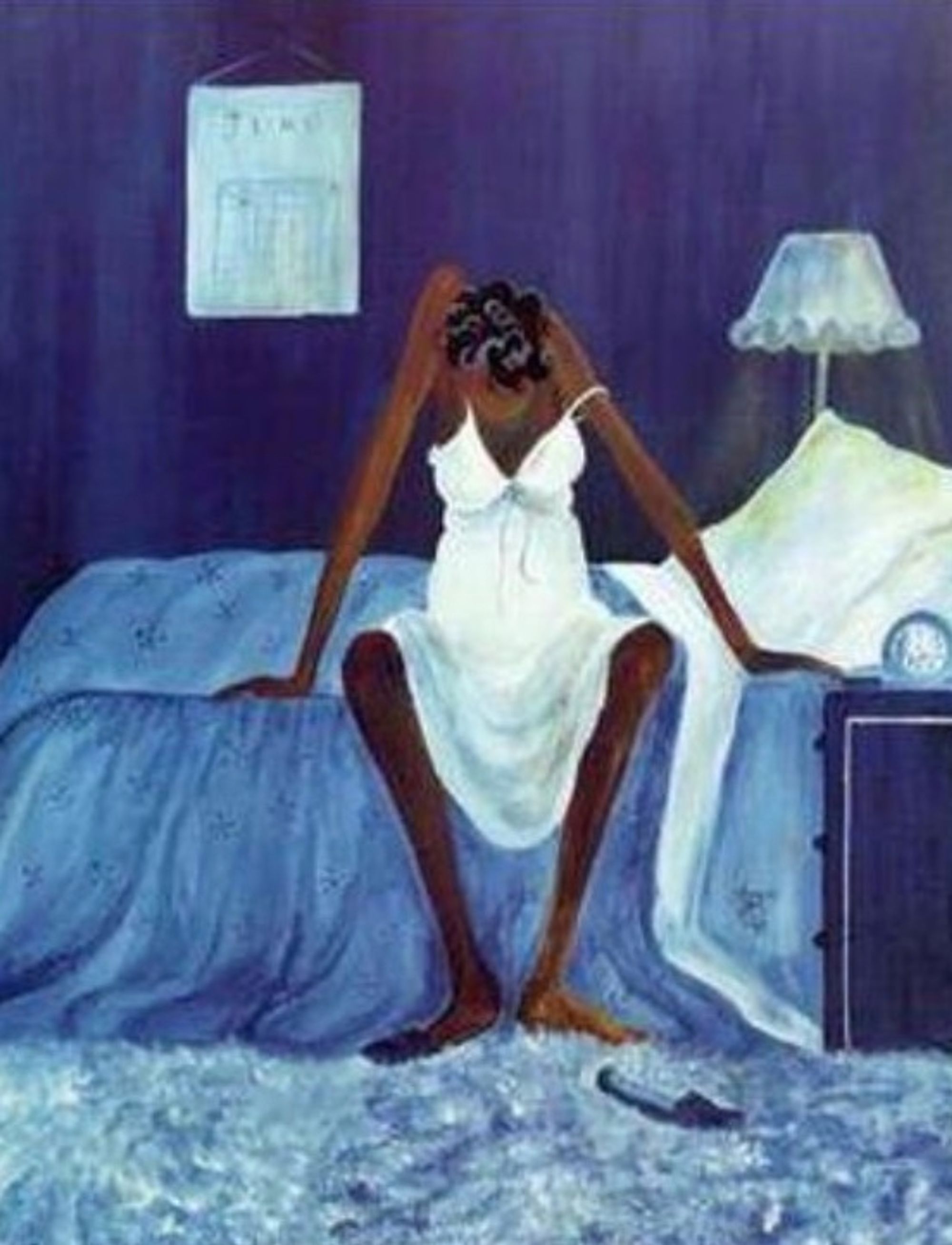
Now, I can reflect and put words to the feelings I had on that rich white campus. At the time, all I thought to do was to tell people who said racist comments to me to shut up. I gave big speeches that I hardly remember.
Around the time of the “uprisings” of 2020, Instagram accounts popped up where my Black peers could submit accounts of the experiences they had at our school. I think we were all trying to catch up with what we had to let slide.
Writing about music continually brings my fractured mess closer to a hard-won whole.
I know that Koening and his bandmates wouldn’t make that 2008 album now. But I can see them then, wearing Patagonia pullovers while playing drums with a joy, flippance, and smugness that only the Ivy league can conjure.
In the refrain of “Cape Cod Kwassa Kwassa,” Ezra sings, “It feels so unnatural / Peter Gabriel too.” I doubt what he sings about in the song feels that unnatural to Ezra. It’s the stumble-upon effect. The oopsie-daisy it's ours now. Happens with land, happens with style, happens with music. There's nothing unnatural about academically informed Soukous with Cape Cod choruses. Seems probable to me. Inevitable even!
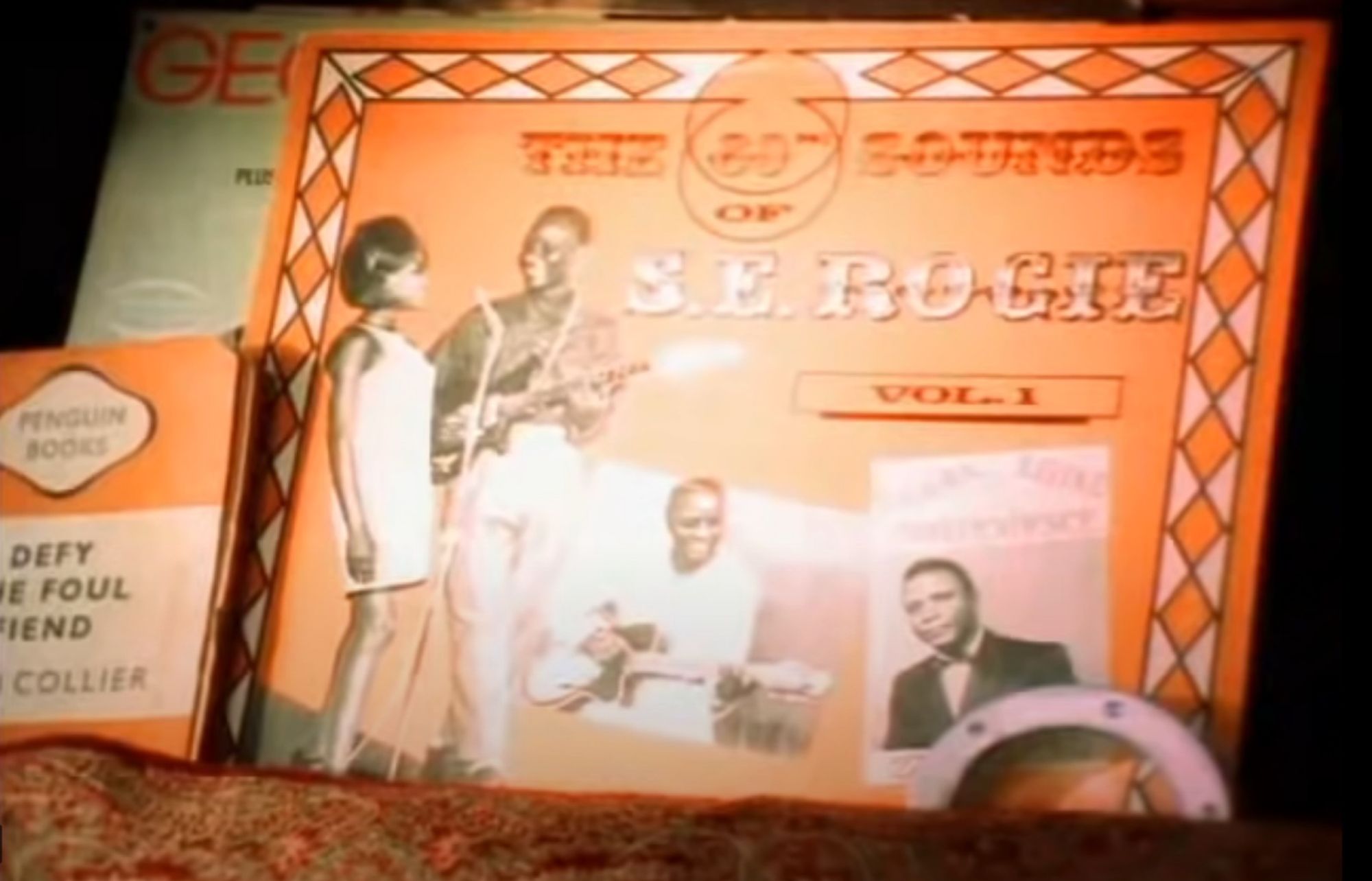
Postscript: In 2008, Vampire Weekend left an easter egg clip of an S.E. Rogie record in the “Mansard Roof” music video. Fifteen years later, Rogie’s “Please Go Easy on Me” was sampled on the band’s most recent album, Father of the Bride. According to the Guardian, Koening tracked down Rogie’s son to clear the sample. Ezra, I've tried to track you down, too: a DM or a tweet every now and then. I think we'd have a lot to talk about, and I think that a collaboration would be a natural extension to my research. Ready when you are. ♦
Subscribe to Broadcast